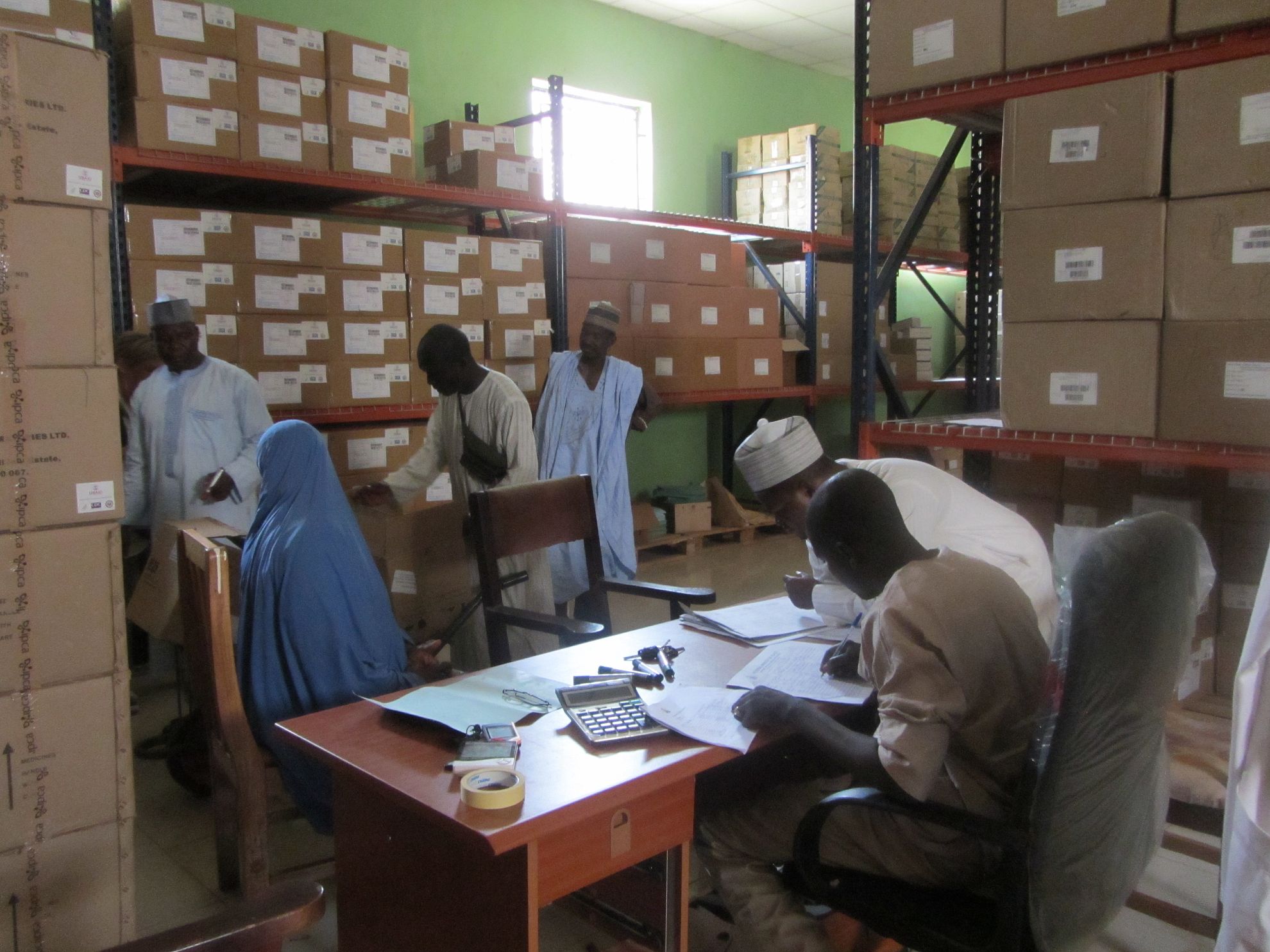
Management Sciences for Health (MSH) launches Costing Surveys in ACCESS-SMC countries
16 December 2015There is growing awareness of the public health benefits of Seasonal Malaria Chemoprevention (SMC). When used alongside other preventive methods, SMC can prevent up to 75% of malaria cases, however the implementation of an SMC campaign can be costly.
As part of the ACCESS-SMC project, Management Sciences for Health (MSH) is working to improve the affordability of SMC, “We expect that by lowering the costs associated with SMC implementation, country level ownership will be boosted, SMC will be institutionalized and this will lead to the creation of sustainable pathways for SMC delivery beyond the lifespan of the ACCESS-SMC project”, said Dr. Gladys Tetteh, Senior Principal Technical Advisor, Management Sciences for Health.
MSH is working to identify ways to bring down the costs of SMC delivery. This process involves understanding the costs of key program activities such as management, supply chain, service delivery and supervision and using the findings to make recommendations for improving the efficient use of financial and human resources.
To better understand the costs associated with an SMC campaign, MSH launched costing surveys in September 2015 and to date these have been conducted in Burkina Faso, Chad, Guinea, Mali, Niger and Nigeria. The last of the first round of surveys is expected to be completed in The Gambia in January 2016.
Carrying out a costing survey involves a team of MSH data collectors who conduct document reviews and interviews with relevant health and administrative personnel working at national, regional, district and health facility levels in each participating country. Data checklists and questionnaires are used to collect information on service delivery and financial data, this includes gathering information on all components of the SMC campaign, such as prices of equipment and medicines, personnel salaries, meeting and training costs.
Once data collection is complete, cost modeling will be carried out and findings discussed with project partners, governments and their development partners in all countries. These findings will help to improve planning and budgeting for 2016 SMC campaigns as well as resource mobilization efforts.
Initial survey results confirm that management and supervision, trainings for supervisors and SMC distributors, as well as supply chain management represent key costs of SMC campaigns.
Latest news
- Malaria Consortium honoured by Ugandan government for contribution to combat malaria23rd April 2024
- International summit calls for AMR accountability in public health interventions21st March 2024
- Global SMC community celebrates new milestone at SMC Alliance Annual Meeting in Nigeria6th March 2024
- Scaling up key interventions could halve pneumonia-related childhood mortality13th February 2024
- Malaria Consortium and eGov Foundation join Mozambique’s national malaria programme to digitalise seasonal malaria chemoprevention campaigns8th February 2024
- World’s first malaria vaccine rollout launched in Cameroon22nd January 2024